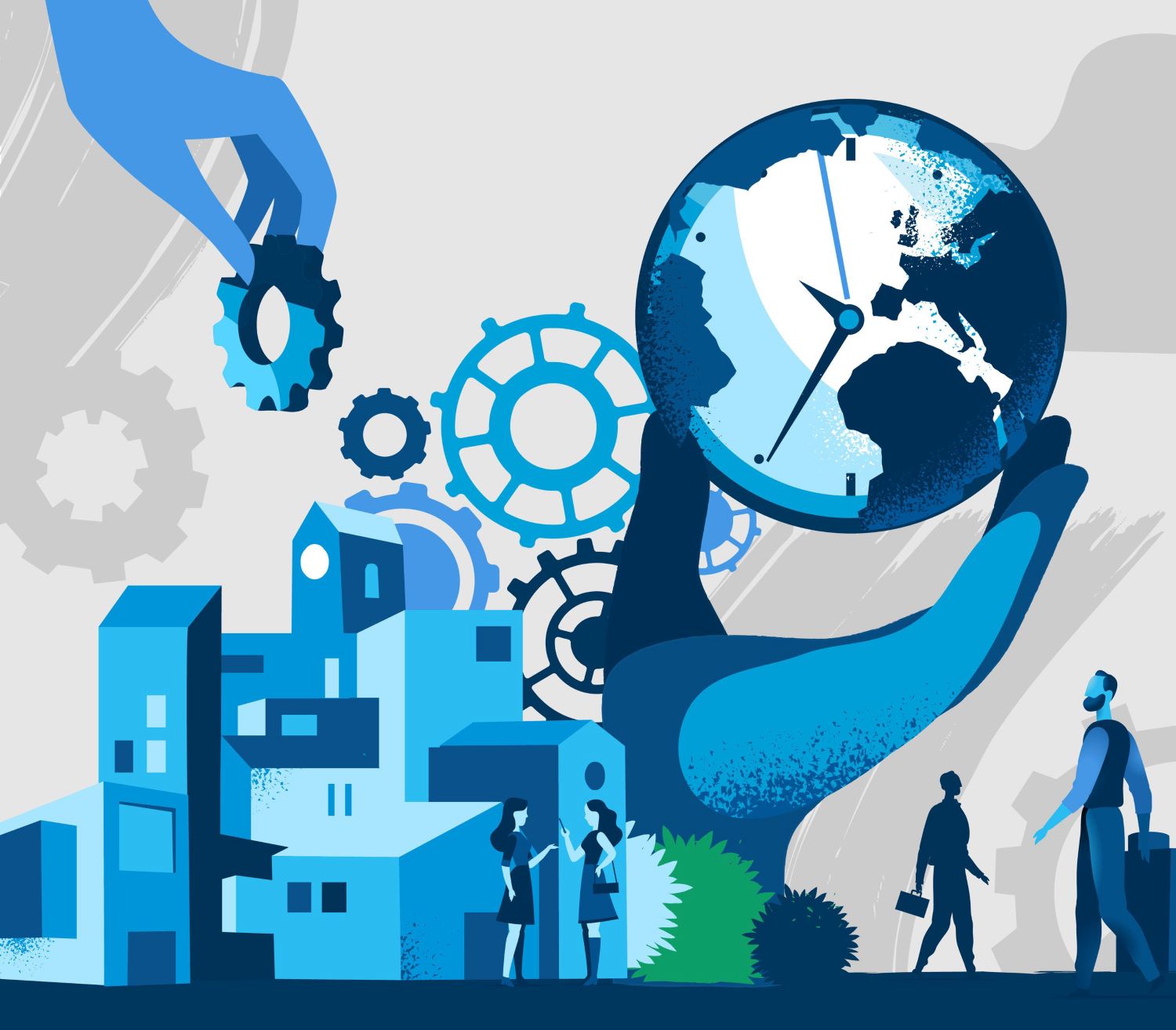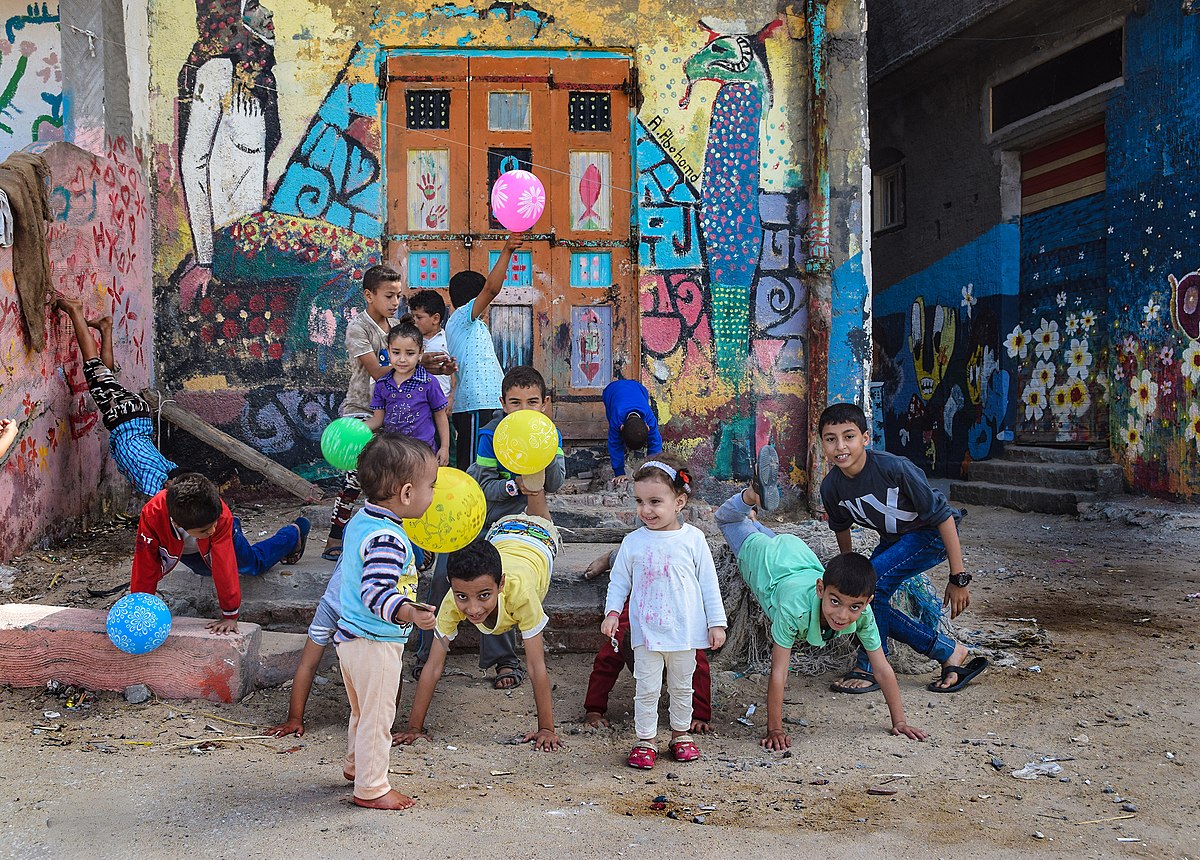Recommended
The development landscape is constantly evolving. We face new donors, old challenges, enduring institutions, hostile political environments, and increasing uncertainty and risk—all while trying to emphasise greater cooperation and partnerships. But how can the development community truly harness the power of this cooperation and come together to achieve the Sustainable Development Goals? Last month, the Center for Global Development again hosted the Development Leaders Conference, this time in Beijing in partnership with the Asian Infrastructure Investment Bank (AIIB) and Development Reimagined.
By bringing together key policymakers from across the globe in a private and independent setting, the conference provided an opportunity to step back from day-to-day responsibilities and focus on the strategic challenges and opportunities that face our community. We aimed to build on the learning from last year’s conference, that “all agencies, new and old, face similar challenges—of relevance, responsiveness, communication, capability, and resilience.” Our common challenge was and is to find ways to adapt our policies, practices, and behaviours, to navigate the complexities of the development landscape. Below are some of the key questions and points of discussion from the two-day conference.
Cooperation and partnerships: The reality
As more countries transition to middle-income status, and the needs of developing countries change, greater emphasis is being placed on cooperation and partnerships. But what do these look like in practice? And how are donor countries working to reconcile interests at home and abroad, and deciding where the money should be spent?
In our panel discussions we heard much on the role of different actors, and how they must work both together and independently to foster cooperation. Some agencies were frank that they no longer measured themselves against agreed principles of development effectiveness—with newer actors also disengaged, this approach of mutual accountability is much-weakened. Some argued for more of a focus on “what works” and “best buys” in programming. In any case, civil society organisations play a crucial role: in pushing for sound principles of development cooperation, in understanding limitations and capabilities, and in staying the course and remaining true to the mandate of development cooperation. While many saw the desirability of keeping discussions of development cooperation and foreign policy separate, we recognised that there was a need to interrogate and understand the incentives of different actors, asking how these may impact their engagement. Crucially we looked at accountability and agency, and discussed ways to embrace and respond to national interest, ensuring that development cooperation is able to respond to the political imperative of those financing it, while actively incorporating the voices of partner countries.
New players, new challenges, new opportunities?
Woven through all of our discussions at the conference was the consideration of new players in the development landscape, and the changing role of existing development partners. While China’s presence as a development cooperation provider grows in scope, the United States is seeking a narrower focus with greater emphasis on partner country self-reliance. Some countries are now both receiving aid and providing assistance to others. How does this affect our understanding of need?
While many among us welcomed these changes, and the resultant shifts in power dynamics, others worried that they would result in heightened uncertainty and rivalry and create fragmentation and duplication. This raised questions about the role of official development assistance (ODA), with participants wondering whether there was still room for aid within this shifting development agenda and asking whether development actors are fulfilling their responsibilities. Ultimately the discussions concluded that, with this interconnected web of active actors, increased communication and collaboration will be crucial across all levels in order to ensure success. Yet, traditional forums for discussion, such as the OECD’s Development Assistance Committee, are insufficient to provide the needed level of communication given new actors. There must be more room for representation from partner countries at the decision-making tables. A further key takeaway was the value of consistent and comparable measures. To this end, we set out plans to expand our Commitment to Development Index to incorporate new actors, and to produce a new, consistent measure of finance for international development
Governance and financing: The evolving role of multilateralism
As the development finance landscape shifts, so too does the role of multilateral institutions, raising crucial questions about the future of governance and transparency in international development. With diverse sources of finance proliferating, some fear the role of the multilateral institution is being threatened by nationalist agendas, while others seek solace in multilateral systems—which they find foster cooperation. With greater emphasis on partnerships, multilateral institutions can have a powerful role in establishing and supporting regional partnerships. We heard examples of multilateral institutions innovating in their approach, such as the European Commission’s new moves into the development finance space. Participants had much to say on the role of civil society organisations in channeling philanthropy capital, and on the role of the private sector in general. We, nevertheless, need to face up to the fact that we all need to take more risk (and be more accepting of failure) when investing in development projects if we are to achieve the SDGs. Multilateral institutions, in particular, will need to step up and take more risk—if they don't no one will.
Growing challenges: Conflict and climate change
Time and again we heard how conflict hinders development progress, and how fragility is affecting the long-term sustainability of development programming. Similarly, the issue of climate change is a looming existential threat, with many agencies beginning to incorporate climate into their approaches, and programming funds for both adaption and mitigation. Both conflict and climate change cropped up across various discussions, demonstrating how they underpin and challenge much of the traditional development thinking. Emphasis was placed on investing in building and strengthening agency skill sets to deal with these development challenges. Participants shared experiences and asked how development cooperation can thrive in areas where institutions have broken, or simply don’t exist. While we don’t have all the answers to these questions, it seems certain that climate change and conflict are huge challenges that will require a very different approach to collaboration and traditional development cooperation.
Conclusion and next steps
The Development Leaders Conference provided a unique opportunity to set out a shared agenda on the future of development agencies and to identify priorities for development leaders going forward. While there was significant consensus on the need for a long-term approach encompassing better cooperation and dynamic partnerships, on the need for much better lesson-learning around impact—“what works” and “best buys” in development, and on the need to define and foster ownership of development, five questions will continue to challenge participants in the months ahead:
- What makes for an effective development agency in today’s world?
- How do we manage the competing claims on concessional finance? What is the best use of concessional and non-concessional finance in different country groupings or for global public goods?
- How can we best integrate climate change into our development paradigm?
- How can we further catalyse private finance and make our development financing instruments more adaptable?
- How do we deal with risk? Is risk aversion stopping us from exploring bold but necessary options?
We agreed that next year’s conference might usefully focus in greater depth on these topics of common interest. In the meantime, CGD will be pursuing research to inform these questions, including measures and principles of aid quality; international finance for development which is consistent for traditional and emerging development actors; the Commitment to Development Index 2020; and the role of concessional funding for climate action, all with a view to translating these into policy opportunities for development leadership.
With thanks to Jessica Turner, Ian Mitchell, and Mark Plant for their input and comments.
Disclaimer
CGD blog posts reflect the views of the authors, drawing on prior research and experience in their areas of expertise. CGD is a nonpartisan, independent organization and does not take institutional positions.




